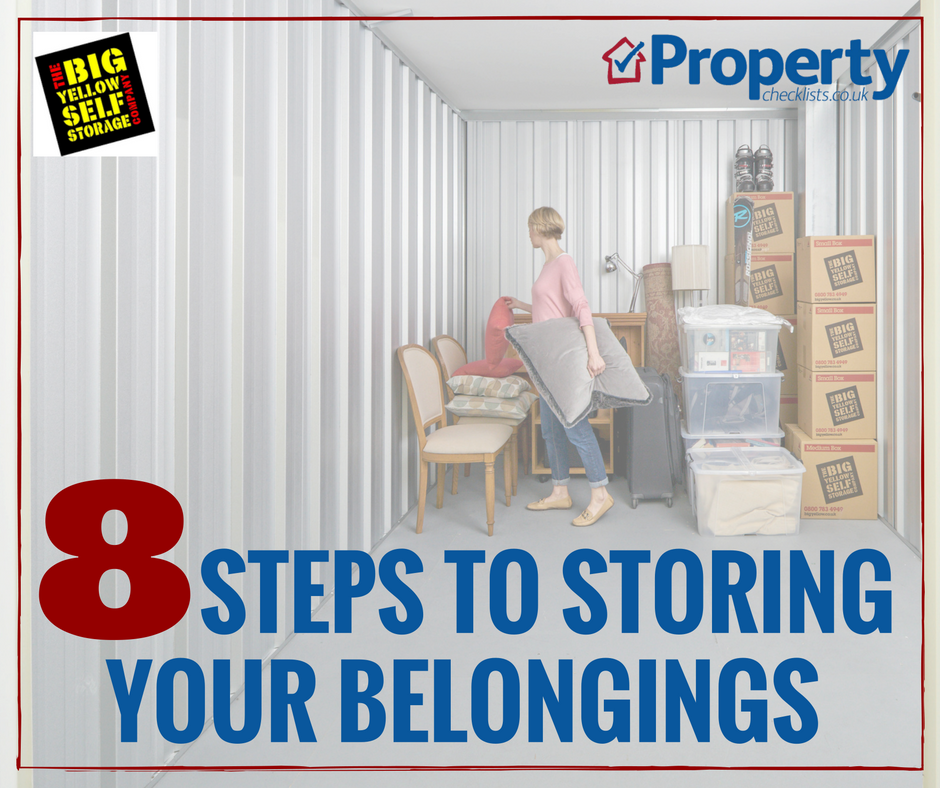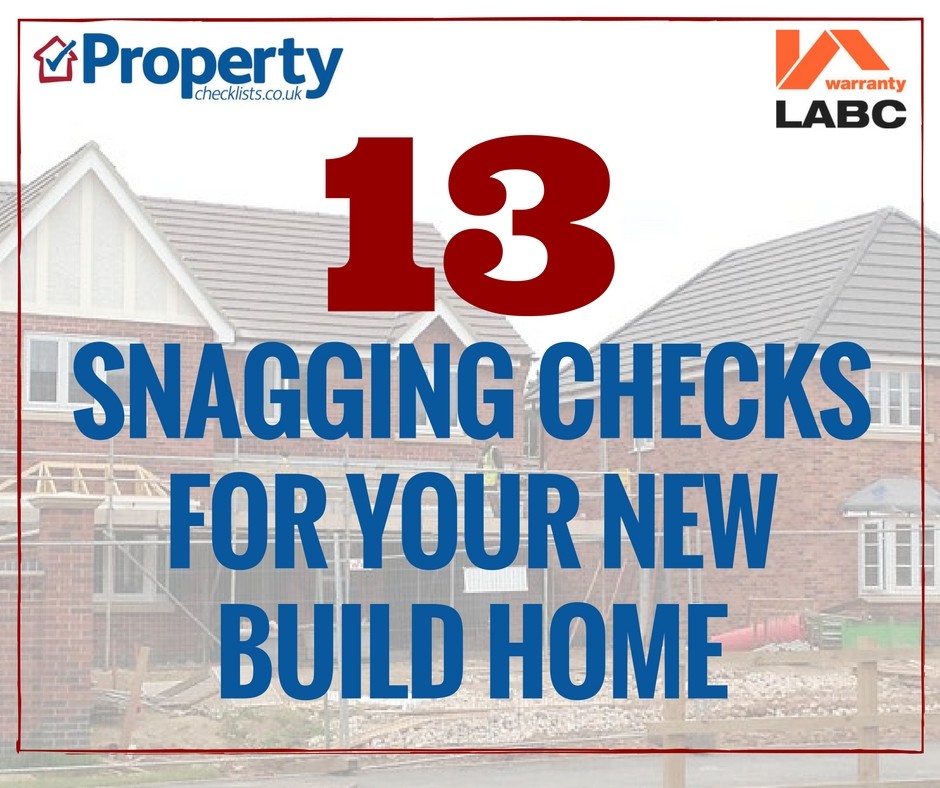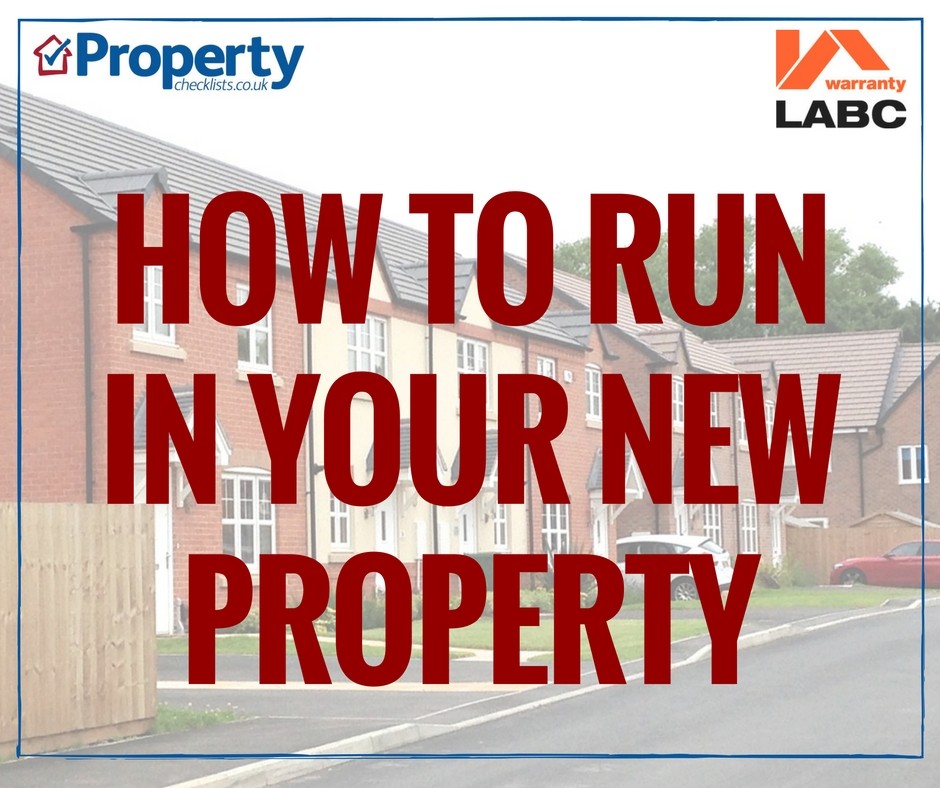publication date: May 29, 2020
 |
 |
|
- Get your paperwork ready on your property for sale
Everyone now needs certificates, copies of guarantees and warranties to buy and sell.
An energy performance certificate is a must as it is a legal requirement for one to be available for buyers at viewing stage. You can buy these yourself - and it is worth checking out the cost as sometimes the agents add on a bit extra, but don't forget they do organise it all for you.
Make sure you provide the information required! How selling a home landed us in Court
- What can you borrow?
Once you have an idea of all the buying and selling costs and what you need to buy your next property, you can then approach lenders - or better still mortgage brokers, such as Habito, Coreco, Ash-Ridge and Brooklands, as they can search all of the market, not just offer their own products.
Make sure you can always afford the mortgage, whatever happens. For example:
1. What happens when interest rates rise?
2. If you are sick and can't work?
3. If you are married and sadly get divorced?
- What are the costs?
1. Legal fees can set you back anywhere from around £300 + VAT to over £1,000 + VAT.
2. A survey may cost you as little as £300 to as much as £1,500.
3. Stamp Duty is payable on properties worth more than £125,000 and increases incrementally depending on the value of the purchase.
4. There is a 3% additional Stamp Duty charge if you own two properties on the day you buy another.
5. You will need to pay buildings insurance before exchanging contracts. You will typically purchase this with contents insurance and it will usually be a few hundred pounds.
6. If you are using a removals company, monies will be payable before moving day, either as a deposit or in full and usually from £150 to over £1,500.
7. If you don't have too much stuff you may be able to just hire a van for around £100 or just use your own car for free.
- Choose a legal company
Being able to buy and sell and not have a break-down at the same time means you need to be very well organised.
If you are sure you are selling, get a legal company to start on the contract to sell your own home. This can save weeks of hunting certificates for building work, guarantees and warranties, and insurance papers.
All legal companies, lenders and agents will need proof of your identity such as a passport or driving licence.
Some key things to ask:
1. Do they offer fixed-rate conveyancing?
2. Will they meet you face to face as well as talk over the phone?
3. Do they have systems that will update you on progress?
4. Here is what a quote should include:
Legal fees
Searches
Bank or money transfer fees
Stamp Duty
VAT
How to choose a legal company
- Research the market
It's worth checking out what your property is worth and what the property you are likely to be buying to be selling for. Check out sold property prices for homes similar to yours.
What this will tell you is how much similar properties to yours are selling and ones you would like to buy have sold for - it really is the most essential information you can have when buying and selling.
Find out if your property is in a postcode that is 'hot' or not via PropCast.
|
Brief the agents when selling:
- Finding the right agent to sell your home is a skill - but one you can learn. Good agents will:
- Price your property fairly from the start
- Show you examples of other properties, similar to yours that have sold, saying how many viewings it took to secure the sale
- Advise on what needs changing to sell the property faster and/or at a better price
- Make sure you understand the process of buying and selling
- Offer a 'sales progression' service which means they do al the chasing of anyone else in the chain
Here are our Top 10 Dos and Don'ts when selling your home:
|
- Do not put your property up for sale just to see what you can get. It wastes your and everyone else's time.
- Do make sure you tidy your property and make it presentable for buyers - no-one will offer a good price for a dirty property.
- Don't leave any bare wires or jobs to be done on the property, it will distract people from the good points and you'll end up getting no offers - or just cheeky ones
- Don't dictate what you think your property is worth, it is up to a buyer and an independent surveyor.
- Do pose as a buyer of your type of property - you need to do some research before you choose an agent and decide on ho much to sell it for.
- Do choose your estate agent very carefully and never sign their contract without checking it first - especially the small print.
- Do work out what the minimum is you need to sell your property for, to ensure you can buy your next home or move on.
- Don't automatically buy an Energy Performance Certificate (EPC) from an estate agent - buying it direct from an EPC company can save you £30 or more.
- Don't keep your property on the market if you have fewer than 10 viewings and no offers in eight to 10 weeks. Your property is likely to be overpriced, unbalanced or near to something that is putting people off.
- Do consider any offer that allows you to move on with your life.
|
If you are moving, then storage facilities can be an absolute saviour. If you are selling and need to - 'de-clutter' you can do so quickly, easily and cost effectively by storing what you don't need right now either via spare space friends and family may have or better still, in a separate, safe storage facility nearby.
There are lots of storage facilities available, but it's important to remember to choose one which is:
- A member of the Self Storage Association
- Has excellent security facilities to avoid anyone stealing your belongings
- Gives you easy access 24 hours a day
- Storing your belongings checklist
|
Once you've found properties to view, use our:
|
|
- Questions should range from practical things like mobile phone reception and broadband speed to querying why the vendors are selling.
- Always do a second or third viewing before making a decision! Bring a family member or fried for another perspective.
|
Help to Buy Equity Loan
|
- With this scheme the Government lends you a percentage of the cost of a new build on an interest free loan for five years so you'll only need a 5% cash deposit and a low loan to value to purchase a property, giving you access to good rates.
- In England equity loans are available to homeowners looking to move but the home you want to buy must be a new build built with a price of no more than £600,000, although the rules will restrict this to first time buyers in 2021.
- You are not allowed to sub-let this home or enter a part exchange deal on your old home. You cannot own any other property at the time you buy your new home with a Help to Buy: Equity Loan.
- The schemes are different for each country, so check out the rules in Wales and Scotland. Northern Ireland stopped new Help to Buy purchases in December 2016.
|
Buying a flat: you need to know about leasehold!
Most houses are bought on a freehold basis which means you own the property and the land it sits on and are responsible for all the maintenance and repairs.
Here are some more resources to help you out:
|
- How to choose an expert to value your leasehold extension checklist
- How to choose a leasehold legal expert checklist
- Leasehold extension calculator
- Leasehold Advisory Service
- ALEP key information for leaseholders
|
How do I make an offer on a house?
Making an offer on a home can be quite stressful. It doesn't have to be though as today it is much easier as there is more information available on what similar properties have sold for.
Here are our top tips for making an offer:
|
- Similar to selling, find out what the seller paid for the property using sold property price data via the Land Registry - you will then know if you are buying in a busy or slow market. TheAdvisory also have an excellent PropCast tool.
- Find out what similar properties sold for in the last few months and use this as evidence to support your offer.
- Work out what you can afford to pay ie deposit, mortgage costs and maintenance as described above.
- Don't panic - only offer a fair price you can afford.
- And don't forget, it's essential that any offer you do make is make in writing, 'subject to survey', so if you need to renegotiate afterwards, you can.
|
Need more help working out what to offer?
Why do I need a property survey and which type should I choose?
A survey is essential in our view - it is NOT the same as a mortgage valuation you may the lender for as this will not protect you if things go wrong.
They will tell you:
|
- If the property has major issues which are going to cost you a bomb to fix now or in the future
- If you are paying a fair price for the property – or should be paying less!
|
Take a look these resources:
|
- Choosing a surveyor and type of survey checklist
- How much should I pay for a survey?
- Five things you didn't think of using a surveyor for
- Find a local RICS or RPSA surveyor
|












